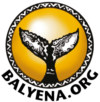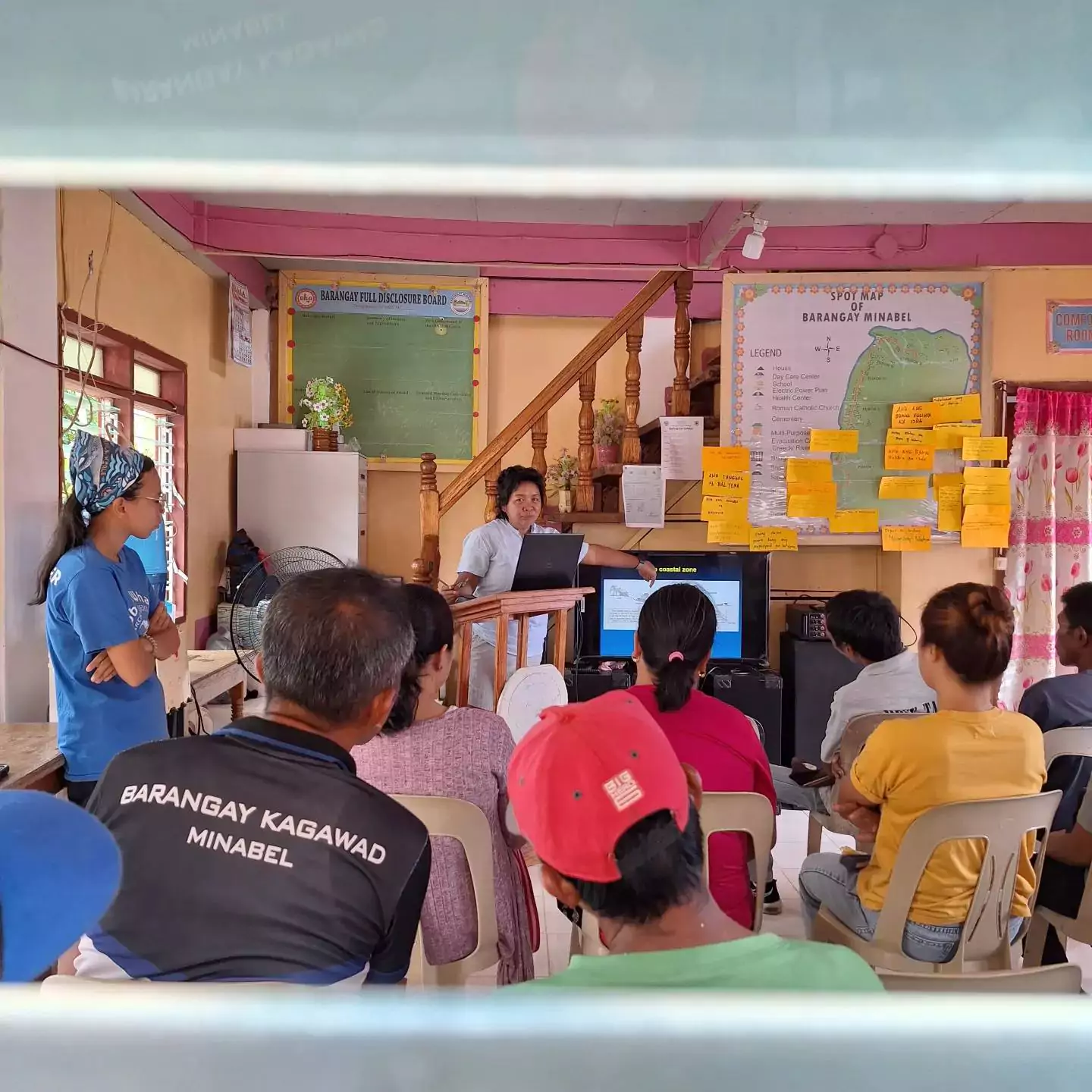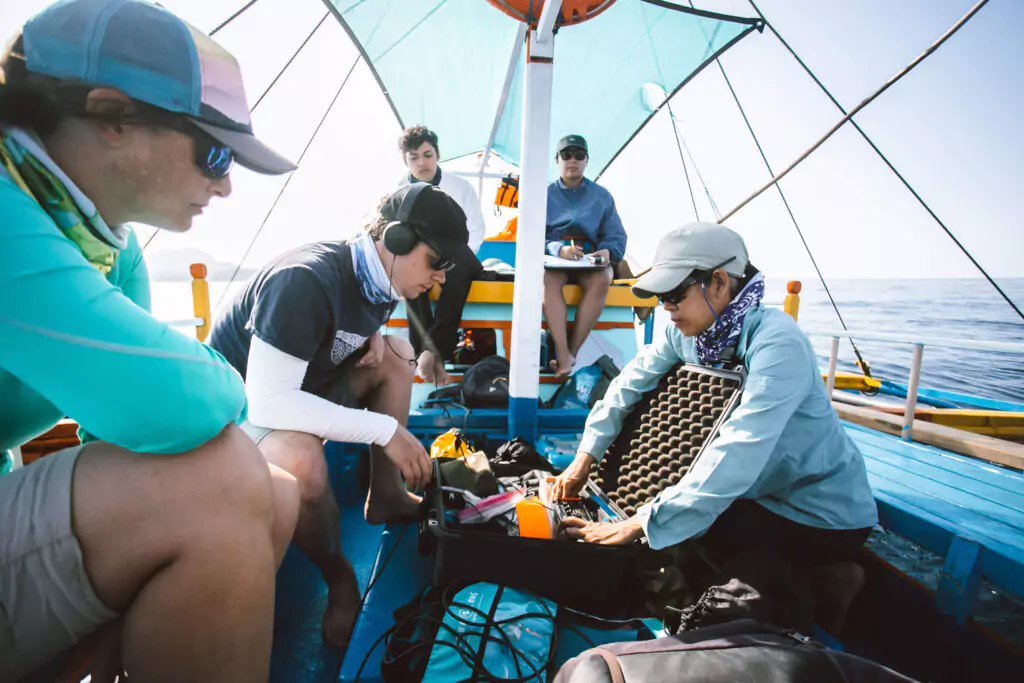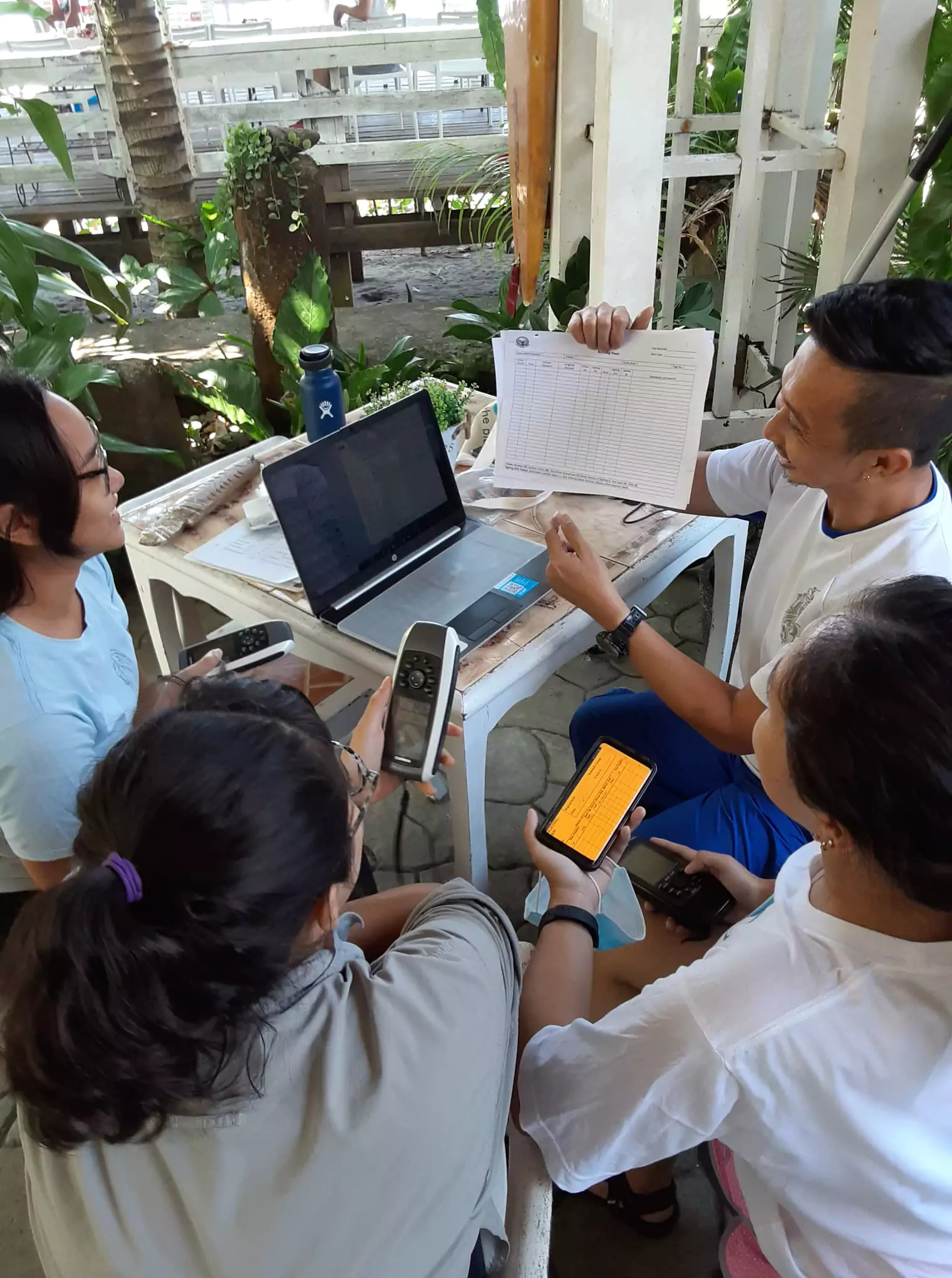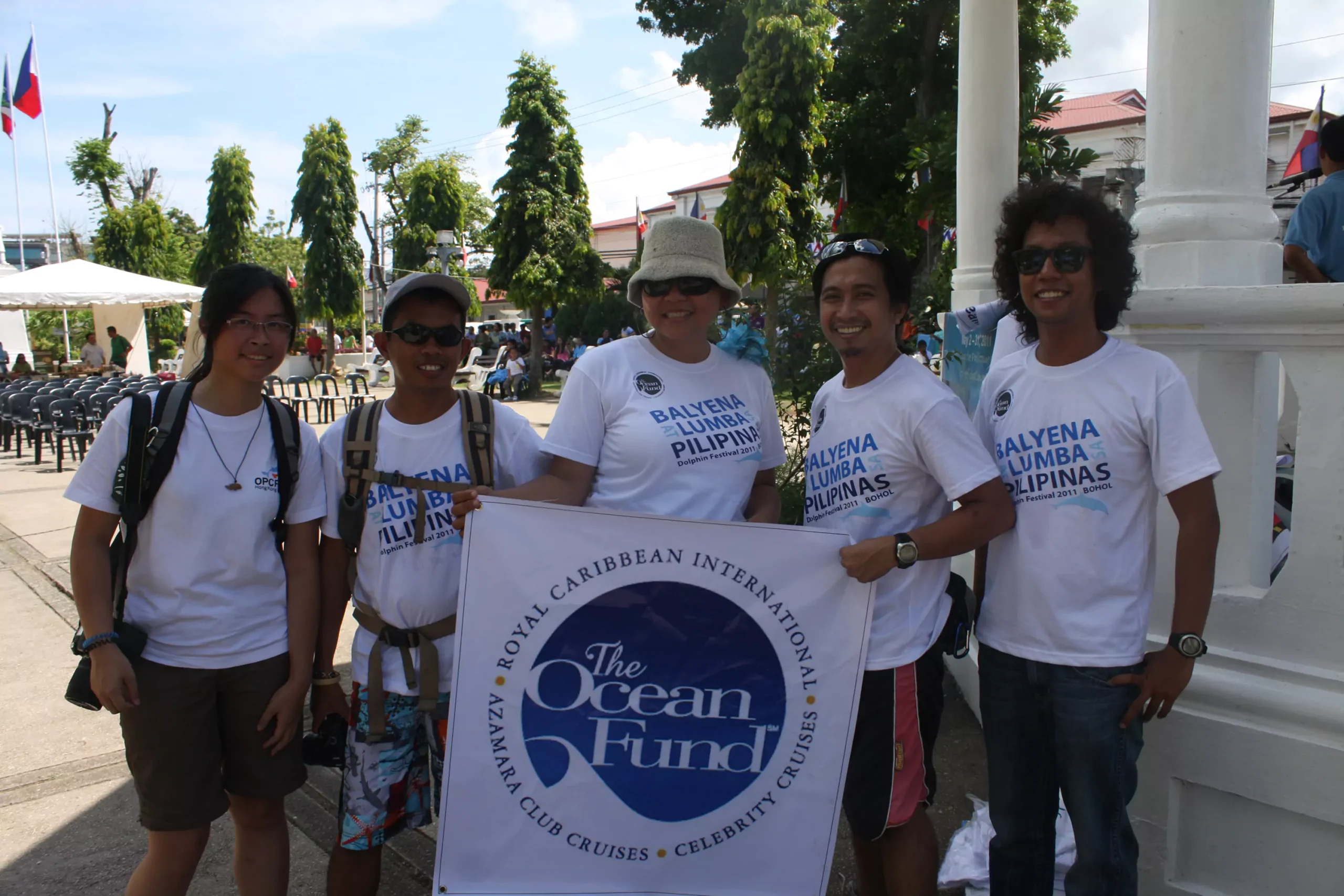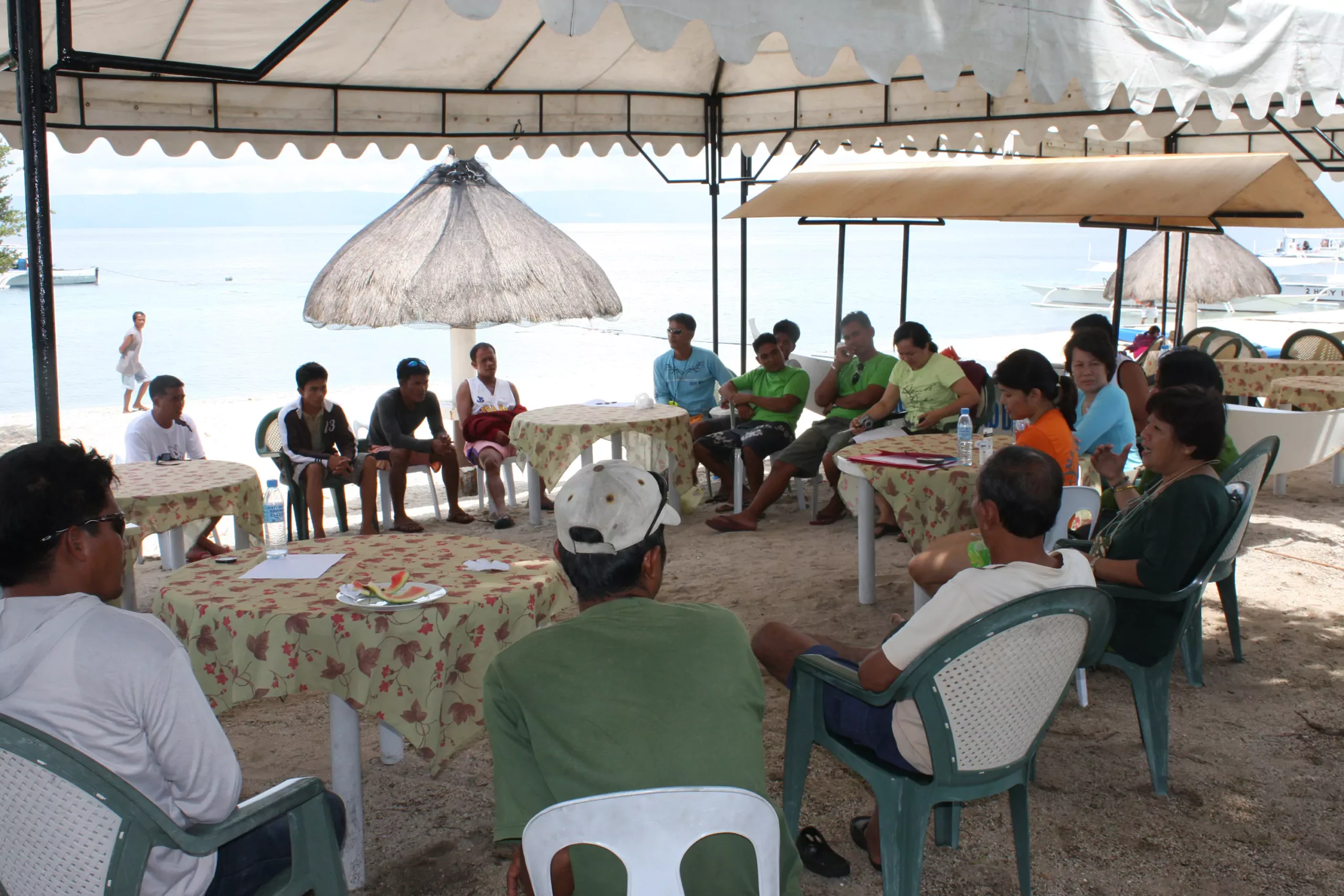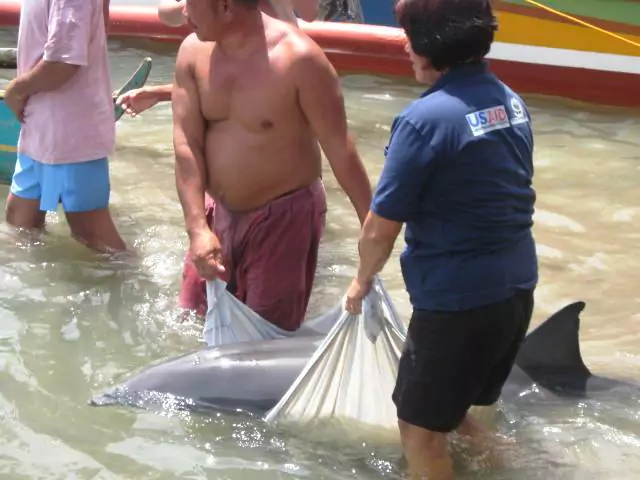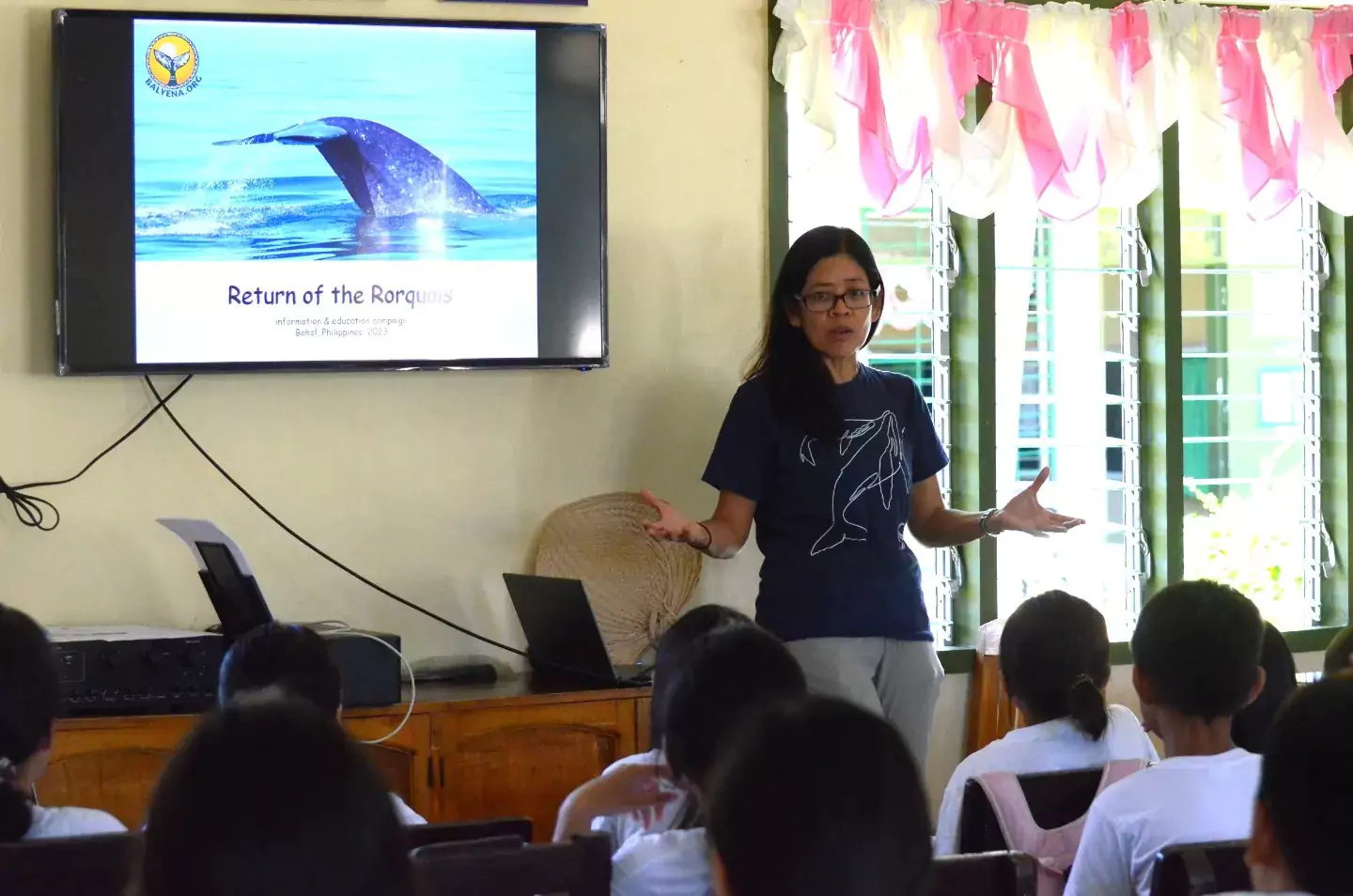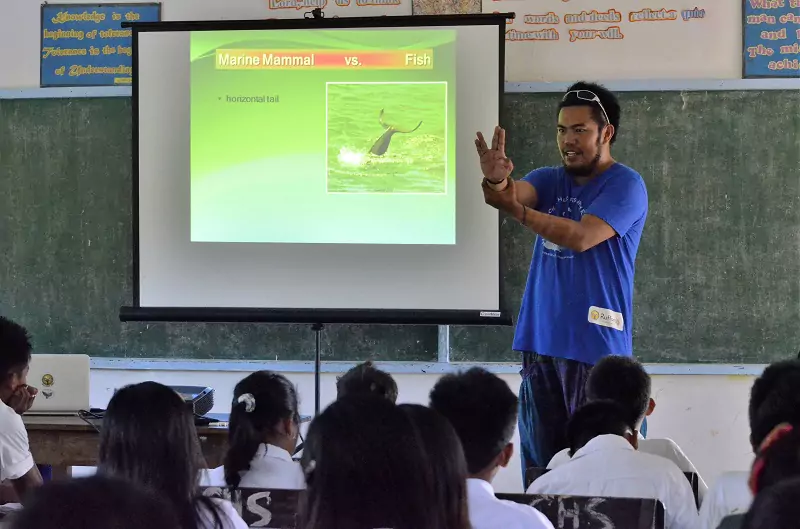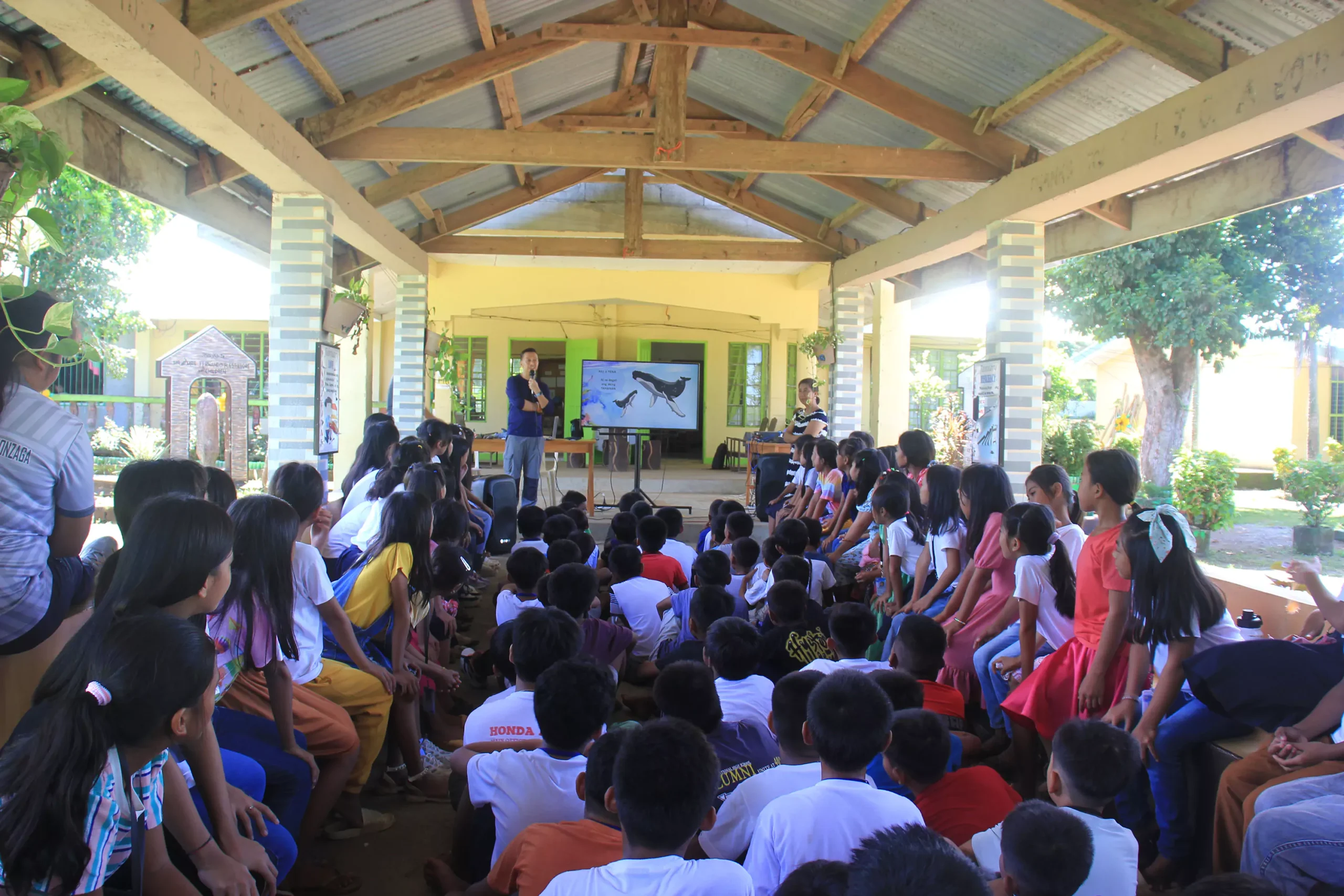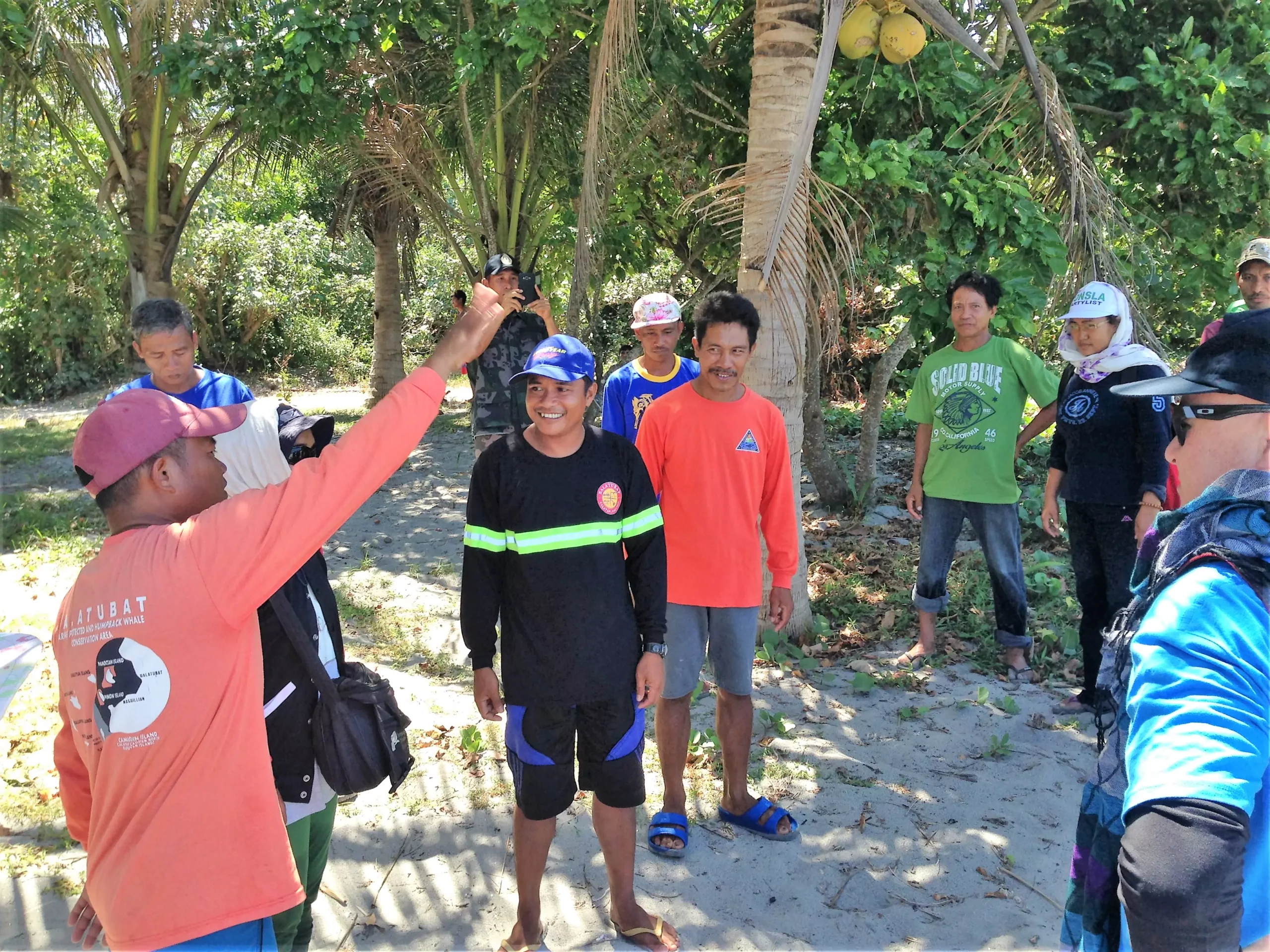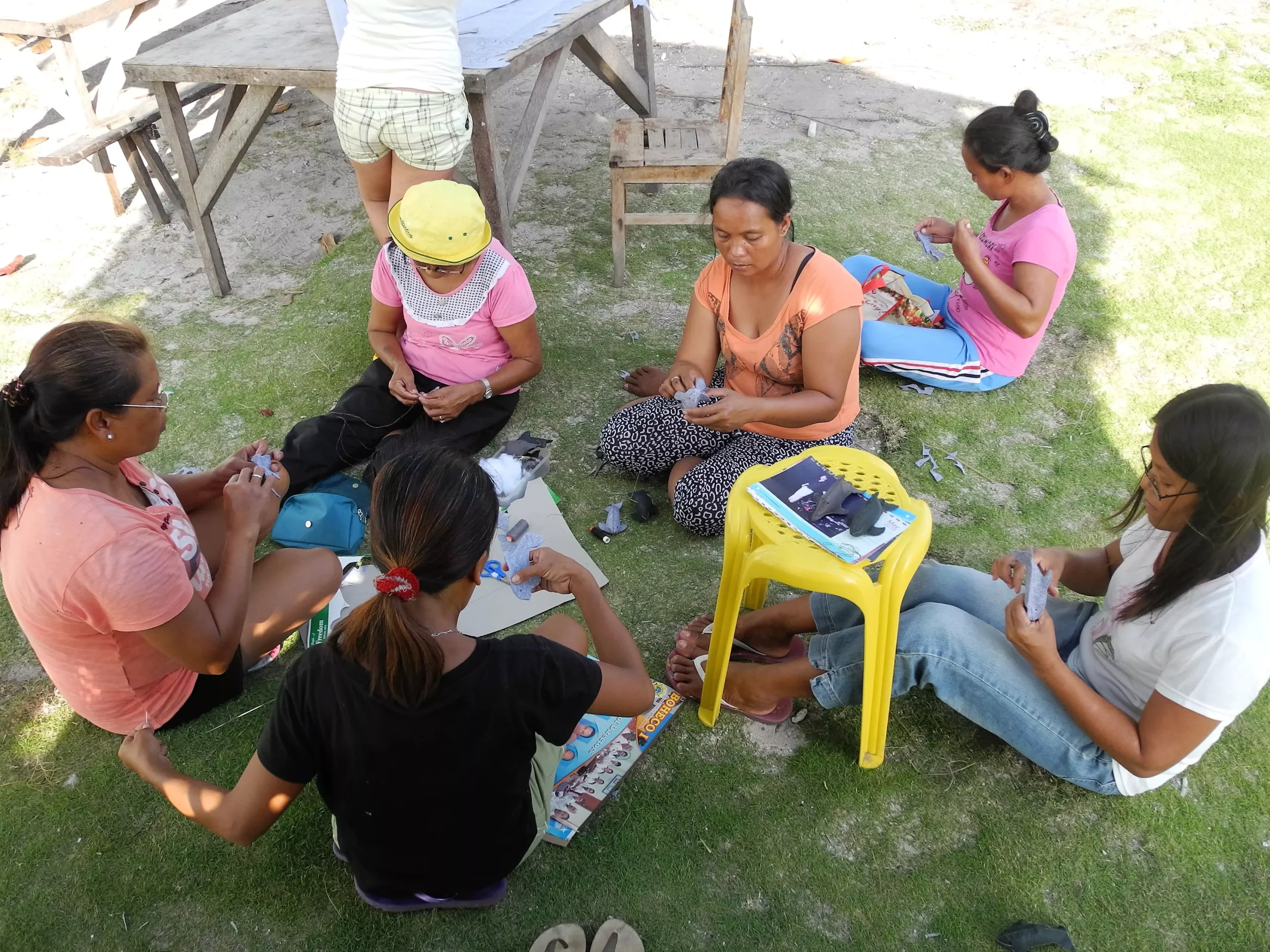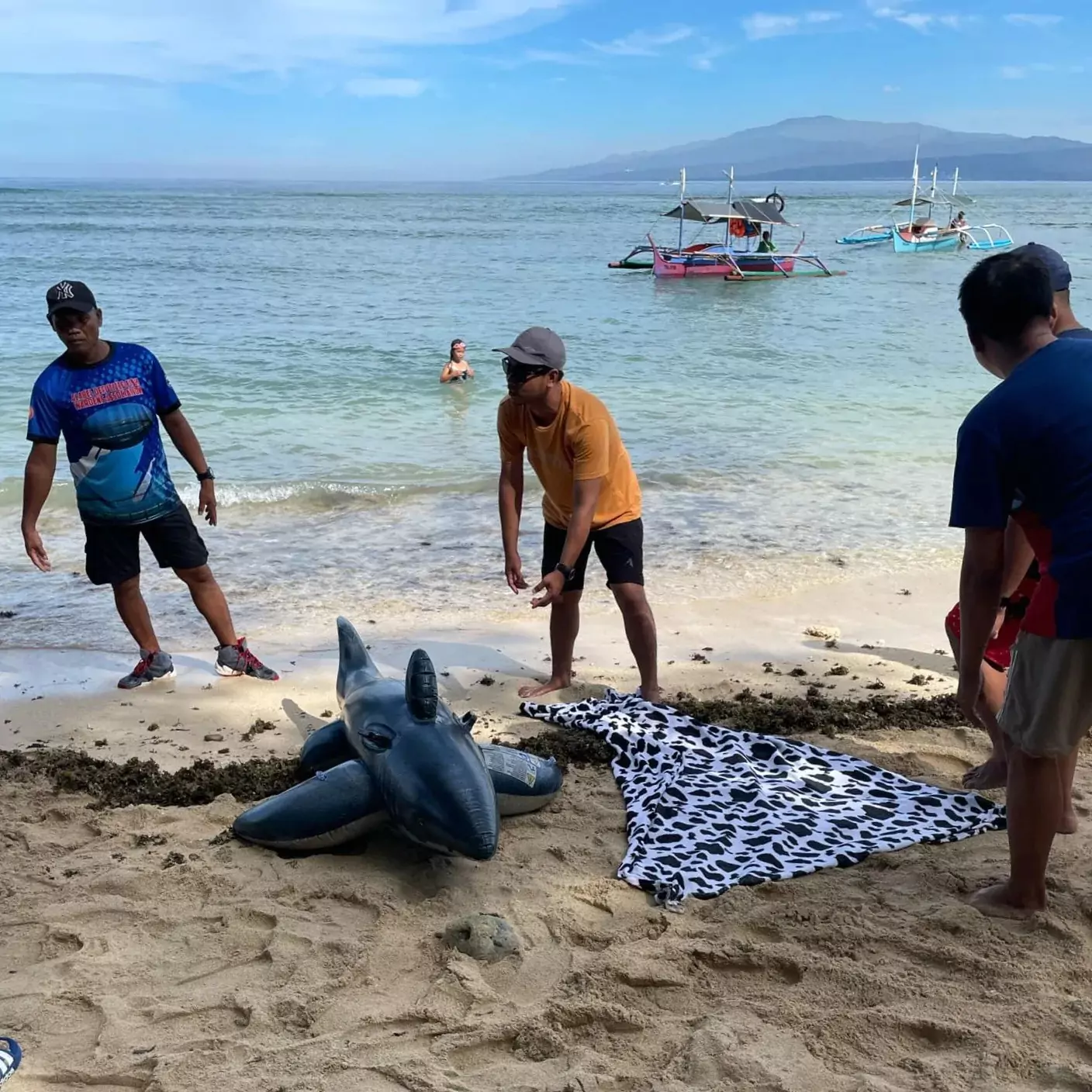
WHAT WE DO
MISSION
BALYENA.ORG’s mission is to support the conservation of cetaceans – whales, dolphins, and porpoises – and their natural habitats in the Philippines. The organization will achieve its mission through participatory research, advocacy, education, and capacity development for the empowerment of local communities and relevant stakeholders.

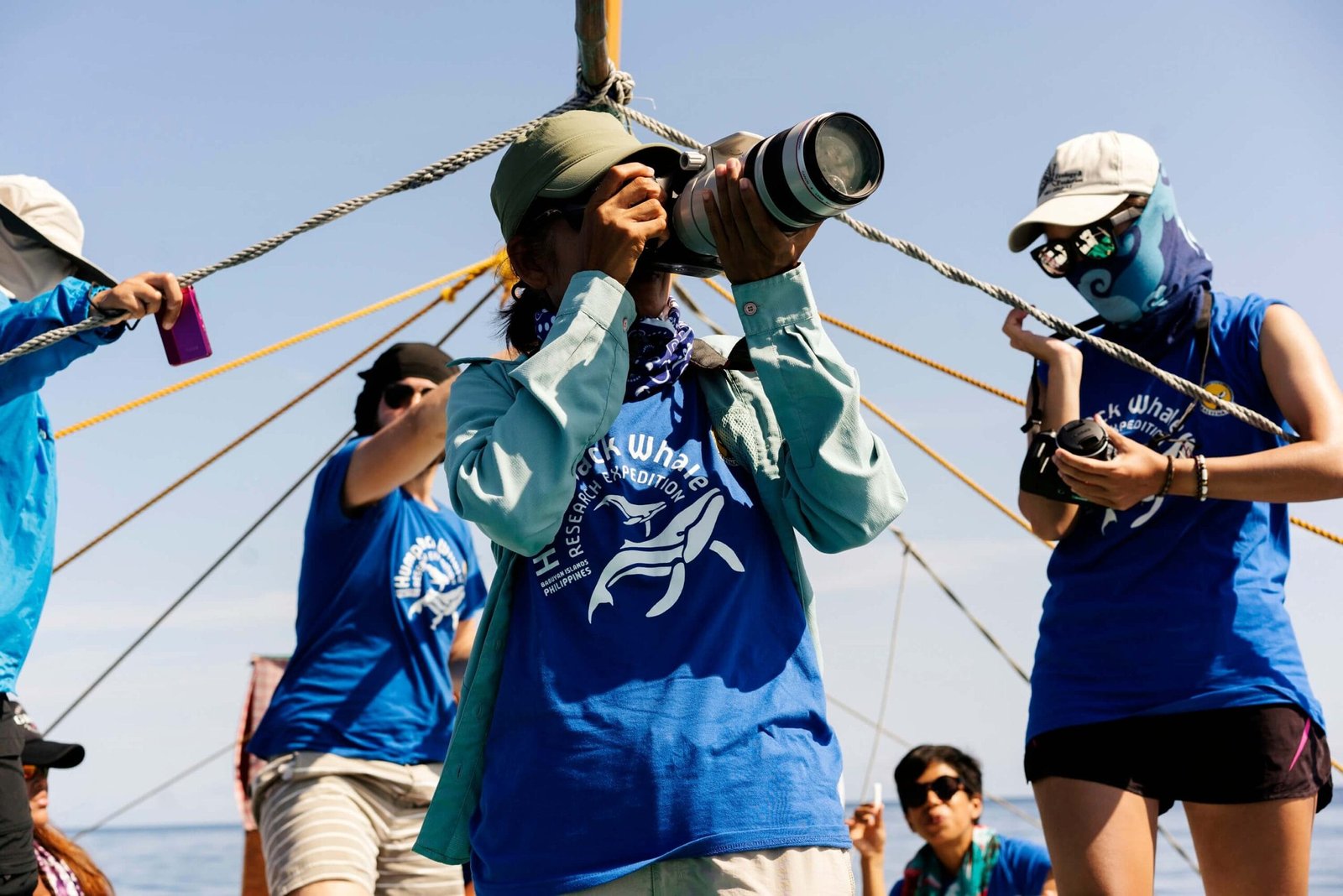
VISION
BALYENA.ORG’s vision is a Philippines that champions the protection of cetaceans through sound science, progressive policy, and active stewardship — where research drives conservation, laws uphold marine integrity, and every Filipino values and defends all biodiversity within our seas.
Participatory Research
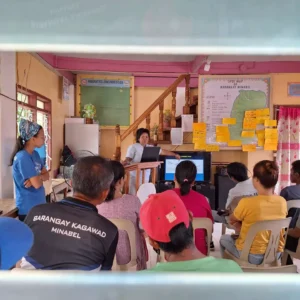
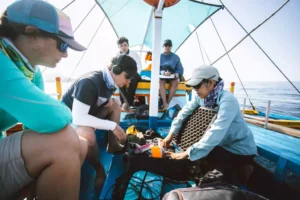
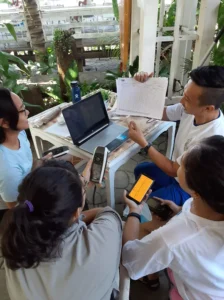
Advocacy



EDUCATION



Capacity development
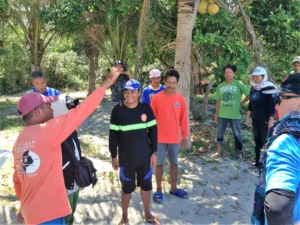
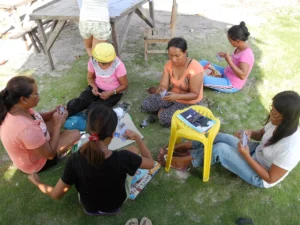

We promote scientific research and conservation of cetaceans in the Philippines using methods adapted to the local situation and setting. We recognize the value of local ecological knowledge and importance of local community participation. We conduct studies on known cetacean populations in different regions of the Philippines and investigate new sites where sightings have been reported.
We encourage both local and foreign supporters to participate in the research, conservation, education and advocacy work. We share stories on the amazing efforts that have been put in discovering, understanding, protecting and conserving cetaceans in the Philippines, raising awareness on current issues, news and laws relevant to cetaceans and their habitats in our country.
We share information on cetaceans by conducting educational outreach in various provinces of the country to a wide array of audiences. We foster awareness to those that care for cetaceans and local communities they coexist with in the Philippines. We promote the protection of the habitats and ecosystems they live in. We act on situations and issues that may affect or threaten cetacean populations in the Philippines.
Research and conservation interests
- Status, distribution, and abundance of humpback whales, blue whales and other large whales.
- Assessment of threats marine mammals face.
- Capacity-building through technical assistance for the development of integrated coastal resources management plans.
- Increase local awareness and knowledge on marine biodiversity and conservation through educational outreach.
